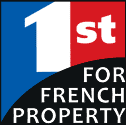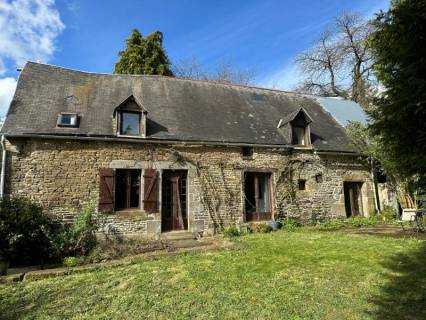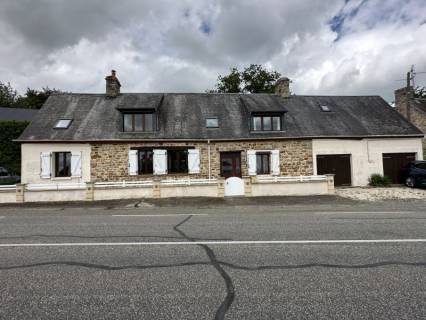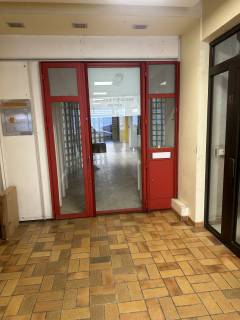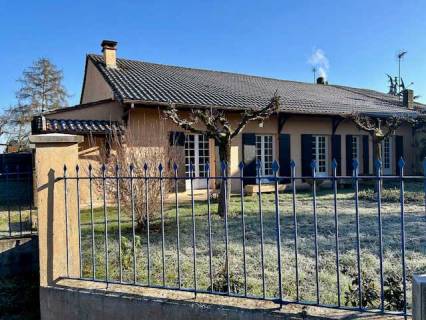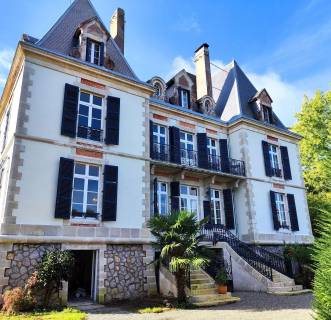Apr 292019
The French School System – An Overview
 If you are planning to move to France and have children, their schooling and education is clearly going to play an important part in where you decide to live. Most large cities have fee-paying international schools, which offer education in English, French and other languages, but if this isn’t an option, what are French schools like, and what can you and your children expect?
If you are planning to move to France and have children, their schooling and education is clearly going to play an important part in where you decide to live. Most large cities have fee-paying international schools, which offer education in English, French and other languages, but if this isn’t an option, what are French schools like, and what can you and your children expect?
Private or State?
A major difference between the French and British school systems is that private education is far less prevalent in France. While there are some fee-paying Catholic schools, the state system is well-regarded and used by people across the wealth divide, regardless of social background.
No Uniform or Religious Celebrations, but Sensational School Dinners
 There is no school uniform, and with France being proudly secular, no celebration of religious festivals – don’t expect a nativity play at Christmas.
There is no school uniform, and with France being proudly secular, no celebration of religious festivals – don’t expect a nativity play at Christmas.
Parents must take out a small assurance scolaire, or annual school insurance, but they also receive an annual allowance per child for the rentrée, or new school year, to help cover essential items.
In general, French children don’t take packed lunches to school – they either go home for lunch or eat at the school canteen – which is no hardship. Meals are freshly-prepared, usually comprising four courses, and are designed to be tasty, well-balanced and nutritious. Children can expect to be served a salad for their first course, followed by a meat or fish dish with vegetables, a cheese platter and then a dessert, often a piece of fruit.
The aim is to help children to make good food choices without being influenced by marketing or current trends, and to teach them the link between eating habits and health. Emphasis is also placed on making time for social exchange and cultivating friendships.
Nursery School – Maternelle 3 – 6 years
Children are not obliged to attend maternelle, but the state facilities are free and the curriculum in the final two years, which includes reading, writing, numeracy and sometimes even a foreign language, aims to prepare children for primaire, or primary school.
Primary School – Primaire 6 – 11 years
Formal schooling is obligatory from the age of six, and children enter the first year, known as classe préparatoire, or CP, in the calendar year they become six. This means that whether a child is six in January or October of the same year, they will both start school in September.
If the child went to maternelle, they will be automatically registered at the corresponding primaire. If not, registration takes place at the local mairie, and the child’s birth certificate, medical records and proof of address must be supplied.
School attendance is four and a half days, and the school day lasts for eight hours, usually starting at 8:30 with a two hour break for lunch. Most primary schools close for all or part of Wednesday. Lessons are taught on literacy, numeracy, geography/history and a foreign language, usually English, with less time given to creative subjects, such as story-writing or drama, than in the UK.
There are five levels:
- Cours préparatoire (CP) or 11ème – 6 to 7 years
- Cours élémentaire (CE1) or 10ème – 7 to 8 years
- Cours élémentaire (CE2) or 9ème – 8 to 9 years
- Cours moyen 1 (CM1) or 8ème – 9 to 10 years
- Cours moyen 2 (CM2) or 7ème – 10 to 11 years
Pupils are evaluated at the end of the second and final years, and a child may repeat, or redoubler, a year if necessary – some 30% of pupils do so once during their school life, with no stigma attached. The decision is made by the conseil de cycle, or group of school directors and teachers, but parents are allowed to appeal.
Secondary School – Collège 11 – 15 years
All pupils are accepted at Collège, with no entrance exam or specific requirement needed. The syllabus aims to give pupils a general education and consists of French, mathematics, history/geography, civics, biology, physics, technology, art, music, and physical education.
There are regular tests, or controles, scored from 1 to 20. At the end of the year a child needs to pass with an average of 12 marks out of 20. Scoring under 10 may mean having to repeat, or redoubler.
There are four levels:
- 6ème – 11 to 12 years
- 5ème – 12 to 13 years
- 4ème – 13 to 14 years
- 3ème – 14 to 15 years
At the end of the final, or troisième year, pupils sit their first official examination, the brevet des collèges, similar to GCSEs. The brevet is also marked on continuous assessment, which includes general attitude and behaviour. Students need to get 10 out of 20 to pass; 12 for a Mention Assez Bien, 14 for a Mention Bien and 16+ for a Mention Très Bien.
After the brevet, students may leave the education system altogether, providing they’ve reached the age of 16, or they can continue on to lycée.
Sixth-Form College – Lycée 15 – 18 years
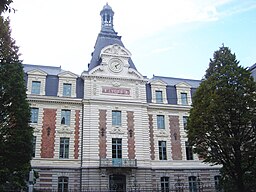
The three levels are:
- Seconde (CAP, BEP) – 15 to 16 years
- Première (CAP, BEP) – 16 to 17 years
- Terminale (BAC) – 17 to 18 years
During the Seconde, students take the same core curriculum of eight or nine subjects but are also offered three electives and an artistic workshop. At the end of that year, the decision is made as to which baccalauréat they will take.
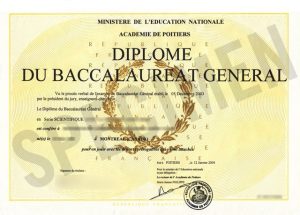 There are three types of baccalauréats:
There are three types of baccalauréats:
1. The Bac Général, which is academic and comes in three formats: scientifique (S) which covers physical sciences and maths; économique et sociale (ES) for economics, social sciences and maths; and littéraire (L) for French, languages, philosophy, history/geography and the arts. Students have to pass all subjects in the series (getting 10/20 in the exam) for a place at university; those getting 8/20 or under will have to retake the year and sit again.
2. The Bac Technologique is a mix of academic and vocational study which leads to more specific career-targeted university courses. There are seven different streams: Sciences et technologies industrielles (STI), Sciences et techniques de laboratoire (STL), Sciences et techniques sanitaires et sociales (STSS), Sciences et techniques du management et de la gestion (STG), Technique de la musique et de la danse (TMD), Sciences et techniques de l’industrie et développement durable (ST12D) and Hôtellerie, or hotel management.
3. The Bac Professionnel certifies students to work in qualified professional capacities. Alternative qualifications are the Certificat d’Aptitude Professionnel (CAP) and Brevet d’Enseignement Professionnel (BEP). These focus on one of four fields: social/health, driving/transport, catering/hotels and optics. Lycées du Bâtiment and Lycées Agricoles specialise in the building trades and agriculture.
A final, major difference between the French and British systems is that any student who passes their Baccalauréat may enter university, with no selection process involved. The belief is that anyone has the right to higher education, but not necessarily to a degree. This results in universities being heavily oversubscribed and reliant on drop-outs – selection is made as studies progress, so the pressure is on to keep up.
